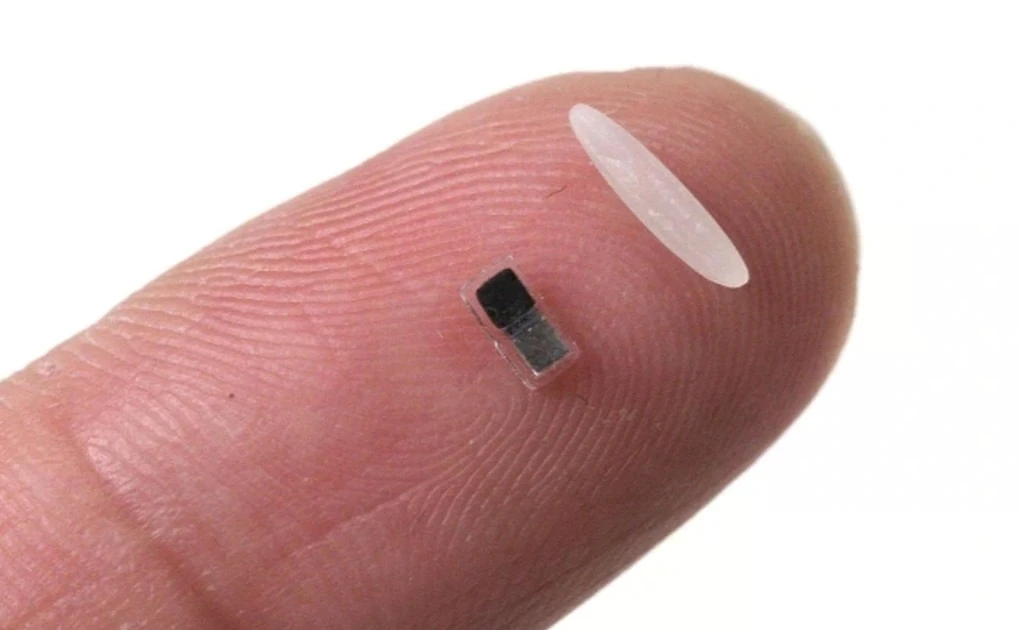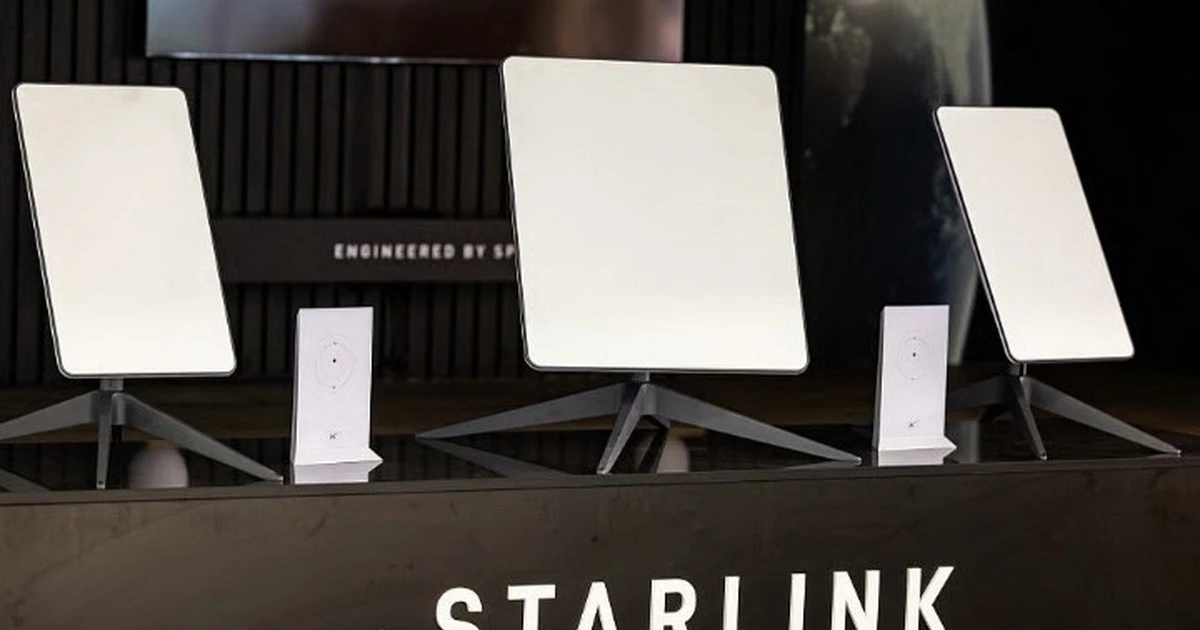According to Tom's Guide , the vulnerability is exploited by AVX2 and AVX-512 instructions through an attack Intel calls Gather Data Sampling (GDS). Information about the upcoming lawsuit first surfaced in August 2023. The vulnerability affects Intel processors from the 6th generation (Skylake) to the 11th generation (Rocket Lake), including Xeon chips based on the same architecture, potentially affecting billions of processors.

Intel is said to have known about the existence of the Downfall vulnerability but 'stood by and watched'
Intel admitted that for some workloads, the performance drop after installing the patch could be as high as 50%. A series of tests conducted shortly after the incident was discovered showed performance degradation of up to 39%, with applications that relied heavily on AVX2 and AVX-512 instructions being the most affected.
In 2018, when Downfall was discovered, a series of news sites reported that Spectre and Meltdown vulnerabilities, which target the speculative execution process that many modern processors use to speed up calculations, were widely publicized. This prompted security researchers to start looking into similar attack vectors. In June 2018, researcher Alexander Yee reported a new variant of Spectre for Intel processors that focused on AVX and AVX512. The information was kept strictly confidential for two months to give Intel a chance to act to fix the situation.
In fact, according to the lawsuit, Yee wasn’t the only one to warn Intel about the AVX vulnerabilities. Specifically, the plaintiffs say, “In the summer of 2018, as Intel grappled with the fallout from Spectre and Meltdown and promised hardware fixes for future generations of processors, the company received two separate third-party vulnerability reports that identified several AVX-related vulnerabilities in its processors.” The plaintiffs note that Intel acknowledged reading these reports.
The main complaint in the court documents demanding a jury trial in the U.S. District Court in San Jose focuses not on the existence of the Downfall vulnerability or the performance penalty for the patches, but on Intel’s “sitting on its hands” actions. The plaintiffs allege that the company has known about the flaw behind Downfall since 2018, but has knowingly sold billions of processors since the glitch was discovered. This leaves consumers with two (both unacceptable) options: buy vulnerable processors or install a performance-destroying patch to protect them. That’s why the plaintiffs are asking for Intel’s compensation.
Source link




![[Photo] Moment of love: Myanmar people are moved to thank Vietnamese soldiers](https://vstatic.vietnam.vn/vietnam/resource/IMAGE/2025/4/3/9b2e07196eb14aa5aacb1bc9e067ae6f)
![[Photo] Prime Minister Pham Minh Chinh chairs meeting after US announces reciprocal tariffs](https://vstatic.vietnam.vn/vietnam/resource/IMAGE/2025/4/3/ee90a2786c0a45d7868de039cef4a712)
![[Photo] General Secretary To Lam receives Japanese Ambassador to Vietnam Ito Naoki](https://vstatic.vietnam.vn/vietnam/resource/IMAGE/2025/4/3/3a5d233bc09d4928ac9bfed97674be98)
![[Photo] Special relics at the Vietnam Military History Museum associated with the heroic April 30th](https://vstatic.vietnam.vn/vietnam/resource/IMAGE/2025/4/3/a49d65b17b804e398de42bc2caba8368)




















































































Comment (0)